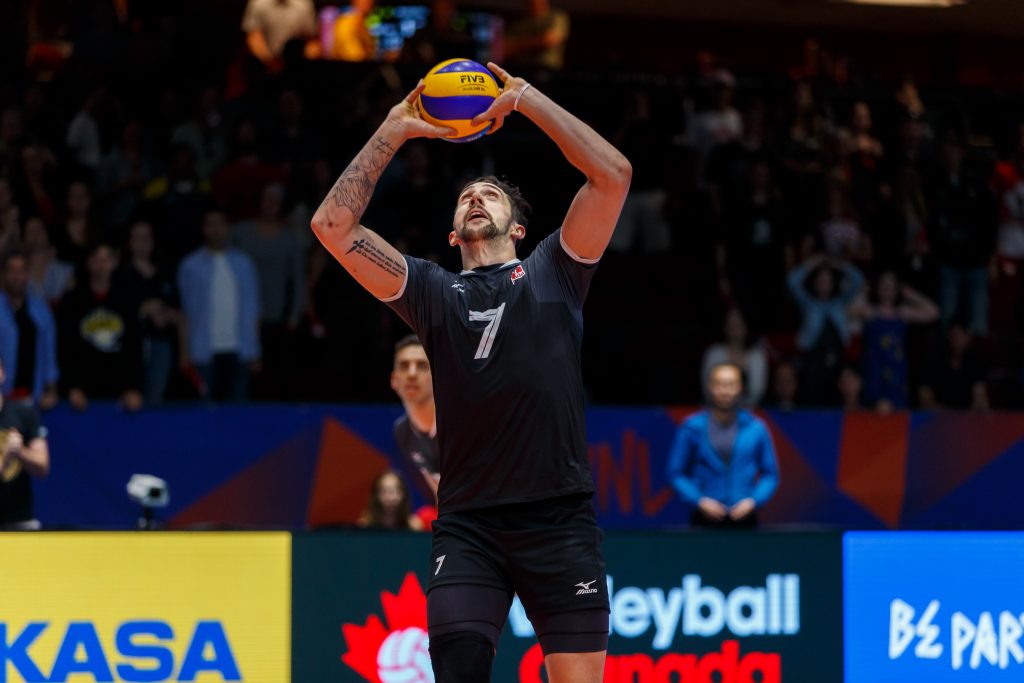2020 Fitness Trends
Looking to make a change to your training routine in 2020? A large-scale survey of health and fitness professionals predicts wearable technology, high intensity interval training (HIIT), and group training will be the top three worldwide fitness trends for 2020.
External Focus of Attention
Endurance athletes use a number of strategies to distract themselves and manage their performance. For example, athletes can manipulate their attention, focusing either internally (e.g. on the running movement, internal body signals) or externally (e.g. on the environment, music). Research reported in the Journal of Sport & Exercise Physiology measured running economy to confirm the…
Gratitude
Gratitude is not only good for health but may also boost performance. Researchers found that giving thanks was associated with improvements in mood, overall well-being, and an enhanced ability to adapt to the physical stress of training.
Concussion Newsletter – December 2019
It might be surprising to hear concussions are a serious risk in the sport of volleyball, but research revealed 1 in 10 youth athletes will sustain a concussion on the court this year. Learn how Volleyball Canada is using the evidence to inform policy and practice relating to equipment and drills in the SIRC December…
How data informs Volleyball Canada’s concussion strategy

It might be surprising to hear concussions are a serious risk in the sport of volleyball. But data collection from Volleyball Canada—dating back to 2016—has revealed exactly that. “Our research has shown that about 1 in 10 youth athletes in Canada will sustain a concussion while playing club volleyball each year.” said Kerry MacDonald, Director,…
Champion Article – Volleyball
Policy change is one way Volleyball Canada is striving to improve athlete safety on the court. Changes include warm-up drill practices discouraging athletes from going under the net to retrieve the ball – an area with a high risk for concussions. Learn more in the SIRC Blog.
Outrunning Death
It may be possible to out-run death, at least for a little while, according to a recent study. The meta-analysis of more than 230,000 participants found that even the most casual runners (as little as a slow jog once a week) had a 27% lower risk of death than those who did not run at…
International Day of Persons with Disabilities 2019
In recognition of International Day of Persons with Disabilities, today’s SIRC blog features the Ability Toolkit, an evidence-informed resource that adapts the recommendations of the 24-Hour Movement Guidelines for children and youth with disabilities.
Concussion Newsletter – November 2019
By championing a mix of “hard goods and soft goods solutions,” Freestyle Canada has prioritized the creation of an environment in which athletes can test their limits without sacrificing safety or risking traumatic brain injuries. Learn more in the SIRC November Concussion Newsletter.
Weight Training for Children
Is weight training appropriate for children and youth, or does it risk damaging growth plates and stunting growth? A review of the literature in the SIRCuit provides parents, coaches and athletes with the facts.